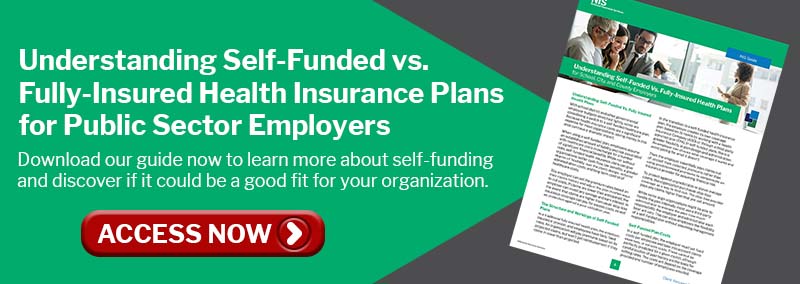On July 4, 2025, the “One Big Beautiful Bill Act” (OBBBA) was signed into law, introducing new child Trump Accounts and several employee benefit changes effective in 2026.
Employers can contribute up to $2,500 per year tax-free to Trump Accounts for employees’ dependents or teenage employees. A written plan is required, and the program must follow dependent care assistance program (DCAP) tax rules.
Some of the key features of these accounts include:
- Children born from 2025–2028 may receive a $1,000 federal contribution;
- Annual Trump Account contributions are capped at $5,000 per child until age 18, starting 12 months after the OBBB Act’s enactment;
- Trump Accounts are taxed like traditional individual retirement accounts (IRAs), but contributions are not tax-deductible; and
- Withdrawals are only permitted after the account beneficiary reaches age 18.
Action Items
IRS guidance on Trump Accounts is forthcoming and is expected to address eligibility criteria, implementation timelines, and administration details.
Basic Rules
Trump Accounts are a new tax-advantaged savings program for children under 18, similar to IRAs, allowing investment growth to be tax-deferred starting in 2026.
Eligible children born between 2025 and 2028 will receive a one-time $1,000 Trump Account contribution if they are U.S. citizens with a Social Security number. Children born outside this window can still have an account but won’t receive the federal contribution.
Trump Accounts can receive up to $5,000 annually from individuals (not tax-deductible) and up to $2,500 tax-free from employers, with limits indexed for inflation after 2027.
Until age 18, Trump Account funds must be held in low-fee mutual or exchange-traded funds; withdrawals before age 18 are not allowed, and non-contribution distributions are taxable. Unlike 529 college savings plans, funds can be used for any purpose.
Employer Contribution Programs
Employers can contribute up to $2,500 per year tax-free to Trump Accounts for employees’ children or teenage employees but must have a written plan and follow DCAP tax rules.
- Nondiscrimination: The program cannot favor highly compensated employees or their dependents;
- Employee notification: Employees must be reasonably notified about the program’s availability and terms; and
- Expense statement: By January 31st each year, employees must receive a written statement of program contributions or expenses; DCAPs report these on Form W-2.
More Details to Come
The IRS will provide future guidance on Trump Accounts, including employer contribution rules. Download the bulletin for more details.

